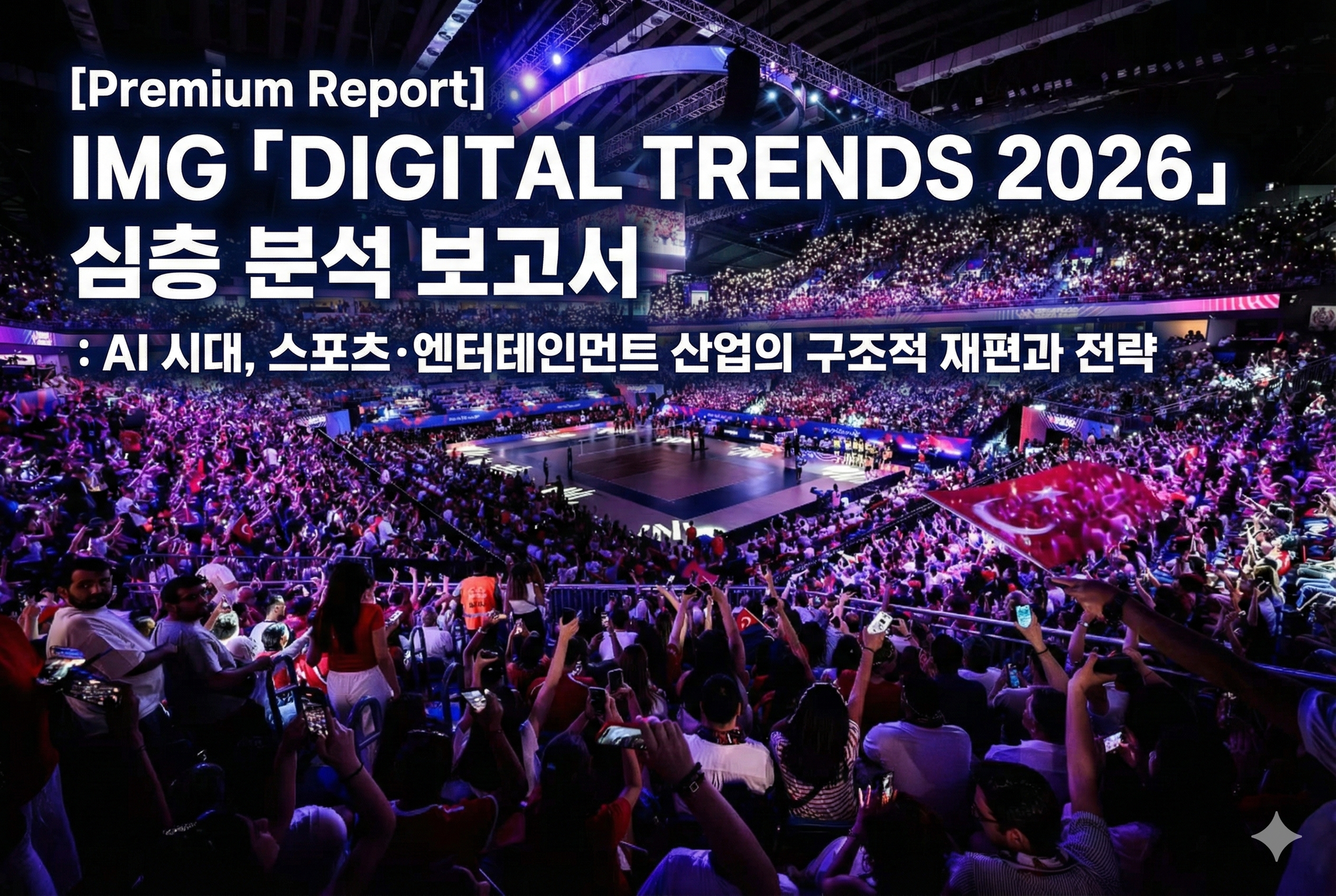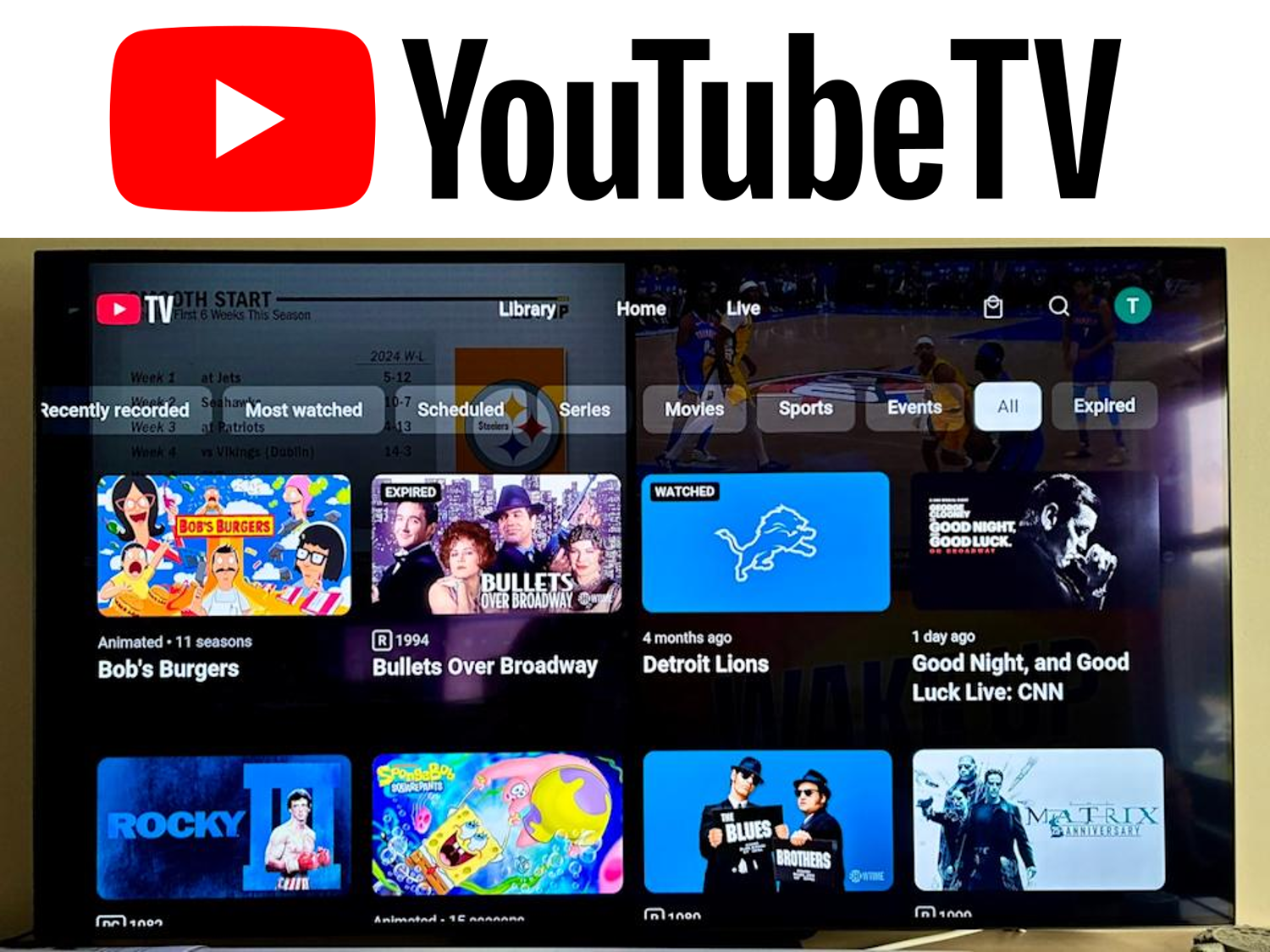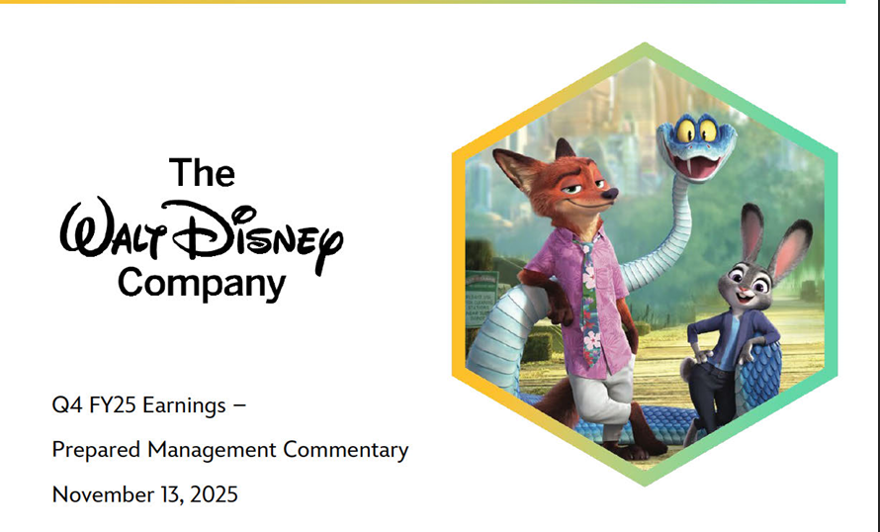조앤 맥도날드(Joan McDonald) 기자는 K콘텐츠의 최근 미국 내 영향력에 대해 “‘오징어게임(The Squid Game)’을 넘어 다양한 장르 K콘텐츠가 미국인들을 만나고 있다”며 “점점 더 많은 사람들이 K콘텐츠를 발견하고 있다”고 강조했다.
조앤 맥도날드(Joan MacDonald) 기자는 2013년부터 K드라마, 예능, 리얼리티, K팝 관련 글을 쓰는 K컬처 전문 기자로 활동하고 있다. K팝, K드라마 사이트로 월 방문자가 2,500만 명에 달하는 ‘KpopStarz’의 에디터와 기자를 3년 간 맡기도 했다.
현재는 그녀는 프리랜서 기자로 포브스(Forbes.com)와 다른 뉴스 사이트에 글을 기고하고 있다. 할리우드에서 K콘텐츠를 가장 많이 보는 기자로도 유명하다. 한국에서 방송되는 K드라마에 대한 감상평과 분석 기사를 미국에서 가장 빨리 심층적으로 쓰는 것으로 정평이 나있다.
다이렉트미디어랩은 ‘2023 K엔터테민인먼트 테크놀로지 서밋’ 당시 맥도날드 기자와 ‘미국 K콘텐츠 전문가가 보는 K콘텐츠의 현재와 미래’, ‘확산을 위한 필요 충분 조건’ 등에 대해 인터뷰했다.
10월 20일 미국 캘리포니아 LA에서 개최된 글로벌 K엔터테인먼트 테크놀로지 서밋’은 K콘텐츠와 이를 위한 엔터테인먼트 테크놀로지 등에 대해 학자와 기업이 함께 논의하는 행사였다. 다이렉트미디어랩이 국립 부경대학교와 인디애나대학교 한국학 연구소와 공동으로 개최했다.
[K콘텐츠 확산에 스트리밍이 큰 도움]
그녀는 K콘텐츠의 확산에는 엔터테인먼트 테크놀로지가 가장 큰 영향을 미쳤다고 지적했다. 특히, 스트리밍 플랫폼이 없었다면 지금의 K콘텐츠는 존재하지 않을 것이라고 설명했다.
맥도날드 기자는 “스트리밍 플랫폼이 없었다면 (한국 콘텐츠를) 널리 어필할 수 있는 접점과 출발점이 없었다”며 “드라마뿐만 아니라 스트리밍 플랫폼은 한국 영화 대중화에도 유용하다”고 언급했다. 넷플릭스 등 스트리밍 서비스들이 한국 콘텐츠를 다시 제공하는 바람에 맥도날드는 또 “할리우드리포터 등 주류 매체도 이제 K콘텐츠를 더 많이 다루고 있다”고 덧붙였다.
그러나 K콘텐츠의 보다 확산되기 위해선 더 많은 노력이 필요하다고 말했다. 노력은 바로 홍보이고 글로벌 오디언스와 만나는 접점을 넓히는 작업이 선행되어야 한다는 이야기다. K콘텐츠가 할리우드가 될 수는 없지만, 더 많은 이들이 K콘텐츠를 발견하게 해야 한다고 설명했다.
맥도날드 기자는 “K콘텐츠의 노출과 접근이 미래 성공의 핵심”이라며 “더 많은 배우들이 할리우드 제작 작품에 참여해야 한다. K콘텐츠 홍보를 위한 온오프라인 이벤트도 필요하다”고 말했다.
2023 엔터테인먼트 테크놀로지 서밋 미국 LA 현장에 참석한 고삼석 동국대학교 석좌교수(전 방송통신위원회 위원)은 “미디어와 콘텐츠 비즈니스에 기술을 접목하는 것 자체가 큰 혁신이라고 생각한다”며 “그런 점에서 미디어 콘텐츠 기업들이 어떻게 혁신하고 있는지, 그리고 어떤 방향으로 혁신해야 하는지 공유하는 것”도 매우 중요하다고 지적했다. 그는 또 “기술은 K 콘텐츠 비즈니스의 판도를 바꿀 수 있는 잠재력을 가지고 있다”고 설명했다.
인터뷰는 이메일을 통해 이뤄졌으며 맥도날드 기자의 목소리를 최대한 그대로 전달하기 위해 번역문과 원문(영어)를 함께 게재한다. 이 인터뷰는 12월 발간 예정인 ‘2024 엔터테인먼트 테크놀로지 보고서(국립 부경대학교 공동 작성)’에도 실릴 예정이다.
이하는 전체 조앤 보스 맥도날드 기자 인터뷰 전문
1) K-콘텐츠가 미국 시장에 어떤 영향을 미치고 있다고 생각하나?
넷플릭스 공동 CEO 테드 사란도스(Ted Sarandos)는 최근 (2023년 6월 한국 방문) 미국 시청자의 60%가 한국 드라마를 본 적이 있다고 언급했다. 이들 중 상당수가 ‘오징어 게임’을 통해 한국 드라마를 접했지만, 이 드라마는 다른 콘텐츠의 문을 열었고 시장 성장에 박차를 가했다. 넷플릭스는 리얼리티, 음식, 여행 프로그램 등 다양한 장르 한국 콘텐츠를 방영하고 있을 뿐만 아니라 디즈니/훌루, 애플 TV, 프라임 비디오도 한국 콘텐츠를 유통하고 있다. 파라마운트는 최근 내년(2024년)에 5편의 드라마를 제작하겠다고 발표했다.
10년 전만 해도 같은 친구들에게 한국 드라마에 대해 말하면 아무 반응이 없었다. 그러나 최근 몇 명의 친구들이 (한국 콘텐츠를) 추천해달라고 연락을 해왔다. 뉴욕타임스는 영화 ‘전생(Past Lives)’ 의 주연배우 그레이스 리에 대한 기사에서 마치 사람들이 한국 드라마라는 것만 알면 된다는 듯이 공동 주연 배우 배우 유태오의 드라마 ‘연애대전(Love To Hate You)’를 언급하는 것도 흥미로웠다.
루미네이트(Luminate)에 따르면 K팝의 2023년 해외 스트리밍이 1년 전에 비해 40% 이상 증가했고 미국은 일본에 이어 두 번째로 큰 시장이었다. 미국에서 K팝 스트리밍은 92억 건으로 2022년의 66억 건에서 크게 증가했다.
2) 미국의 주류 미디어는 K-콘텐츠에 대해 어떻게 생각하나?
확실히 관심이 많아지고 있다. 할리우드리포터(The Hollywood Reporter)와 버라이어티(Variety)는 K콘텐츠 보도를 강화하고 있다.
또 NBC뉴스, 타임(Time), 뉴욕타임스(The New York Times), 베니티 페어(Vanity Fair), 틴 보그( Teen Vogue), 오프라 데일리(Oprah Daily), 롤링스톤(Rolling Stone), 마리끌레르(Marie Claire) 등에서도 K-드라마에 대한 기사를 다뤘다. 다른 엔터테인먼트 정도는 아니지만 점점 더 많은 매체에서 K미디어 이야기( k-media stories)를 다루고 있다.
나는 K미디어를 전문적으로 다루고 싶어 하는 젊은 언론인들을 많이 만난다. 하지만, 대개는 일반적인 엔터테인먼트(음악/영화/TV)의 범주 안에서만 관심을 가진다. 대중문화를 다루고 젊은 층을 타깃으로 하는 언론 미디어라면 K콘텐츠에 대한 기사를 더 많이 다룰 수 있을 것이다.
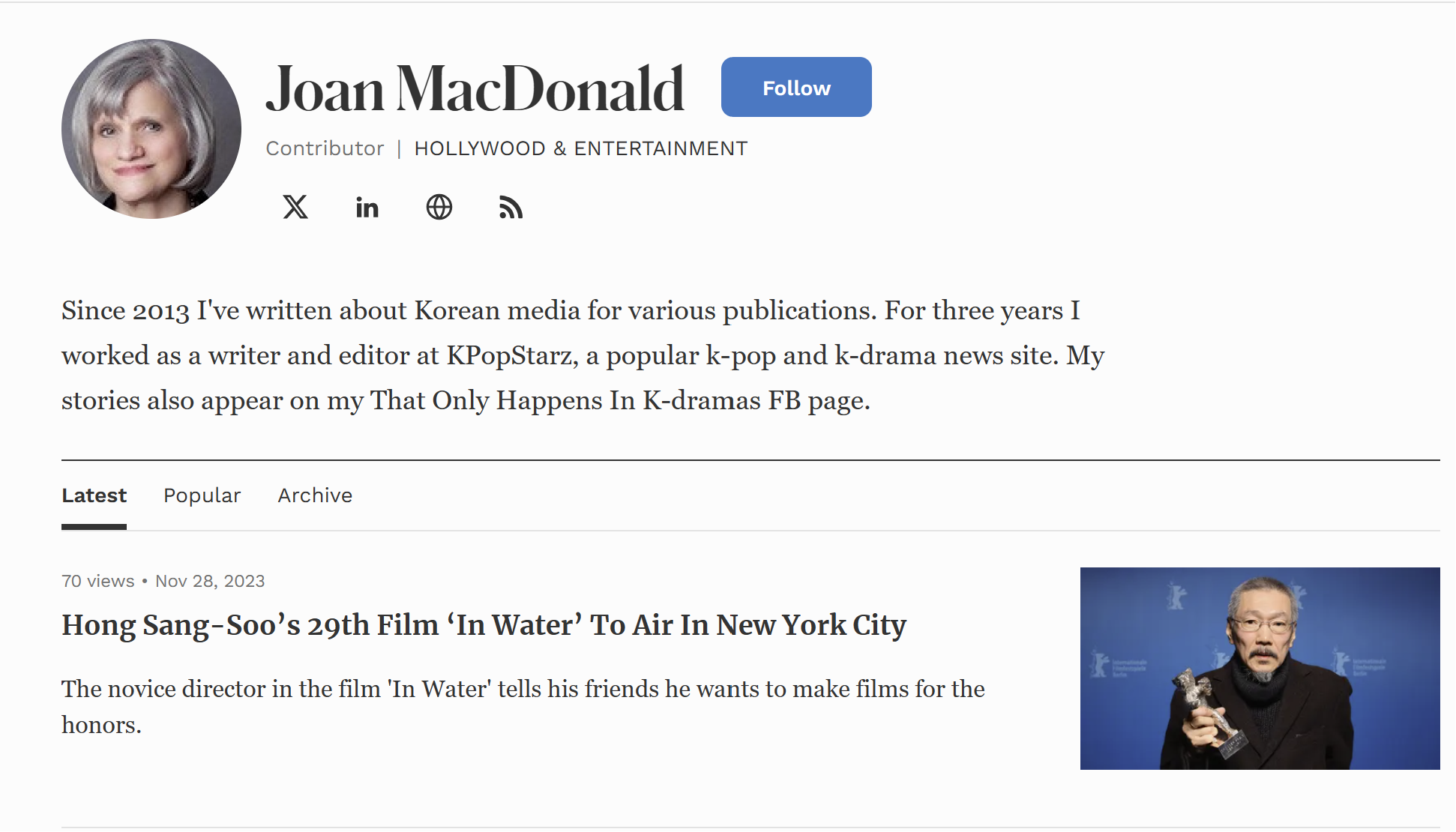
3) 앞으로 K콘텐츠가 더 확산되기 위해서는 무엇이 필요하다고 여기나?
널리 퍼진다는 것은 상대적인 단어다.(Widespread is a relative word)
미국의 할리우드를 대체할 수 있을까? 아마 아닐 것이다. 하지만 더 많은 사람들이 이러한 콘텐츠의 존재를 알고 있고, 더 많은 사람들이 이를 확인하려는 의지가 있다는 것은 미래의 K콘텐츠에 긍정적인 발전이다.
(K콘텐츠는 과거에 비해) 더 많은 사람들이 찾는 엔터테인먼트의 원천이 됐다. 현재 미국인의 83%가 구독 기반 스트리밍 서비스를 이용하고 있으며, 이는 5년 만에 10% 포인트 증가한 수치다. 스트리밍 서비스를 이용하는 미국인이 많을 수록 해외 콘텐츠, 특히 K콘텐츠에 대해 더 많이 접하고 참여할 가능성이 높아진다.
K팝을 듣는 것보다 K드라마를 보는 것이 더 많은 시간을 투자해야 하고, 미국인들은 전통적으로 자막을 읽는 것을 좋아하지 않기 때문에, 팬데믹으로 인해 모두가 집에 머물며 넷플릭스에 몇 시간을 보내야 하는 상황이 오지 않는 한 미국인들의 K콘텐츠 소비가 지금처럼 급격히 가속화될 것이라고는 생각하지 않는다.
하지만 K콘텐츠는 이제 미국인들의 레이더망에 들어왔다.
수준 높은 K 콘텐츠가 제작되기만 하면 사람들은 이를 시청하고 추천하며 소비가 기하급수적으로 성장할 것이다.
더 많은 홍보도 도움이 될 수 있다. 케이콘(KCON)과 같은 이벤트는 (K콘텐츠 확산에) 큰 도움이 된다. K팝은 이미 수많은 인파가 모이는 콘서트를 개최하고 있지만, K드라마와 K필름도 온라인과 오프라인에서 더 많은 라이브 이벤트를 고려할 수 있다.
노출과 접근이 핵심이다.(Exposure and access are key)
배우 이민호가 '파친코(Pachinko)'에 출연하거나 배우 박서준(Seo joon Park)이 마블의 새 영화에 출연하는 등 한국 배우가 미국 작품에 출연하면 그 배우가 출연한 다른 작품에 대한 관심도 높아진다. K팝 스타가 드라마에 출연하면 분명 이는 크로스마케팅(cross marketing)이다.
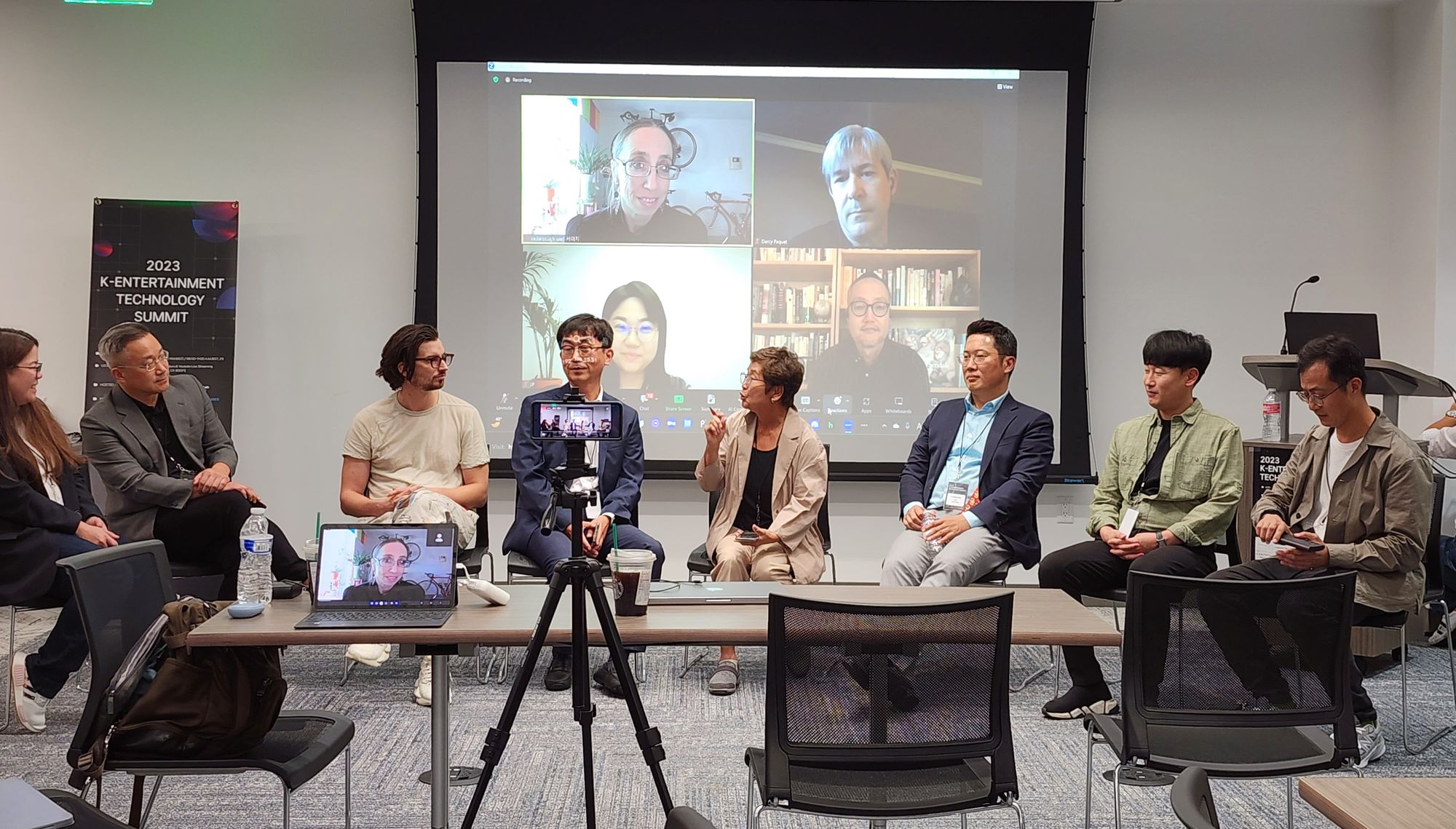
4) 이번 서밋에서는 K-콘텐츠와 플랫폼(특히 스트리밍 서비스)의 중요성에 대해 집중적으로 다뤘는데. K-콘텐츠에 플랫폼이 중요하다고 생각하나?
매우 중요하다.(Very important)
스트리밍 플랫폼은 모든 종류의 한국 미디어에 대한 (글로벌 오디언스) 접근성을 제공하는 데 중요한 역할을 해왔다. 접근성이 없다면 널리 어필할 수 있는 출발점이 없기 때문이다. 드라마뿐만 아니라 스트리밍 플랫폼은 한국 영화의 대중화에도 유용하다. 요즘에는 영화관에 가는 사람이 줄어들고 한국 영화가 방영되더라도 일부 도시에서만 방영되는 경우가 많다.
글로벌 시장에서 유일하게 K콘텐츠 전문 유통 스트리밍 서비스를 운영하고 있는 코코와(Kocowa)의 박근희 대표도 "K콘텐츠의 인기를 온전히 받아내고 더 확산시킬 수 있는 K엔터테인먼트의 최종 목적지(the ultimate destination for K-Entertainment)가 필요하다"고 말한 바 있다.
5) 요즘 가장 관심 있는 K-콘텐츠 포맷은 무엇인가?
저는 한국 드라마와 영화에 대한 글을 쓰다 보니 한국 드라마를 가장 많이 팔로우한다. 한국 드라마의 많은 스토리를 제공하는 웹툰에 대한 이야기도 찾아본다. K팝의 발전 과정을 자세히 찾아보지 않지만 K팝 팬이기도 하다. 이런 모든 형태 콘텐츠가 서로를 알리고 한국 문화와 상품에 대한 관심을 높이는 데 도움이 되는 것 같다.
"K dramas are moving beyond 'The Squid Game'", "Streaming is essential to spreading K-content"
Joan McDonald, a journalist, discussed the recent impact of K-content in the U.S. She emphasized that "more and more people are discovering K-content," saying that "beyond 'The Squid Game,' various genres of K-content are reaching the American public."
Joan McDonald has been a journalist specializing in K-culture since 2013, writing about K-dramas, entertainment, reality, and K-pop.
She spent three years as an editor and reporter for KpopStarz, a K-pop and K-drama site with 25 million monthly visitors. Currently, she is a freelance journalist, writing for Forbes.com and other news sites. She is also known as the most watched K-content journalist in Hollywood. He has a reputation for being the fastest in the U.S. to write in-depth reviews and analysis of K-dramas in Korea.
At the ‘2023 K-Entertainment Technology Summit’, DirectMediaLab interviewed Mz McDonald about the present and future of K-content as seen by K-content experts and the necessary and sufficient conditions for its proliferation.
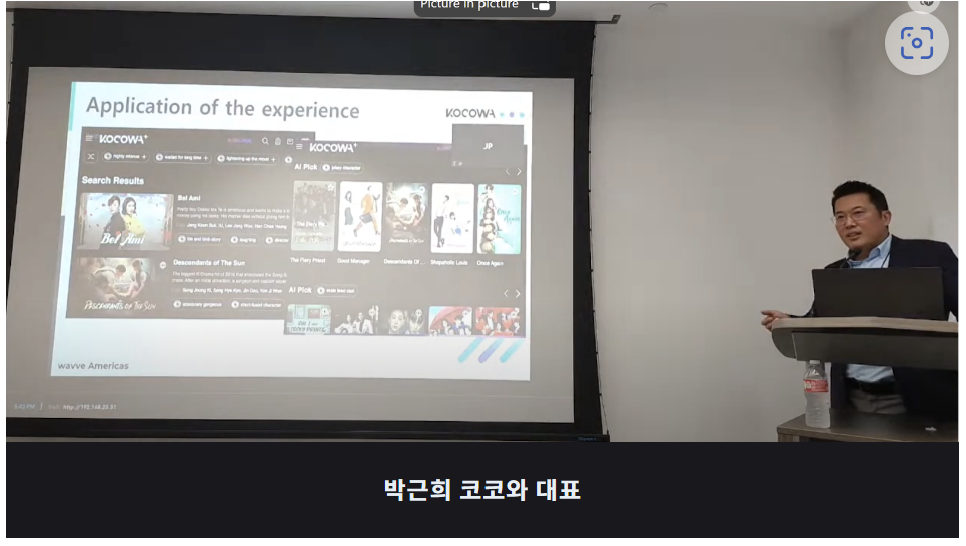
2023 K-Entertainment Technology Summit, held on 20th Oct in Los Angeles, California, US, brought together scholars and companies to discuss K-content and the entertainment technologies that support it. It was organized by DirectMediaLab in collaboration with Pukyong National University and Institute for Korean Studies at Indiana University.
The interview was conducted via email, and we are publishing both the translation and the original (English) in order to convey McDonald's voice as closely as possible. The interview will also be published in the 2024 Entertainment Technology Report (co-authored by Pukyong National University), due out in Dec, 2023.
[Streaming is essential for K content]
She pointed out that entertainment technology has had the biggest impact on the proliferation of K-content. In particular, he explained that without streaming platforms, K-content would not exist today. "If it wasn't for streaming platforms, there wouldn't be an outlet and a starting point for widespread appeal," McDonald said, noting that streaming platforms are not only useful for dramas, but also for popularizing Korean movies.
With streaming services like Netflix bringing back Korean content, MacDonald added, "mainstream media outlets like The Hollywood Reporter are also now covering K-content more."
However, she said that more efforts are needed to make K-content more widespread. The first step is to promote it and expand the number of touch points with global audiences. While K-content can't become Hollywood, he said, it needs to be discovered by more people.
"Exposure and access to K-content is key to its future success," McDonald said. "More actors should be involved in Hollywood productions. We also need online and offline events to promote K-content."
"I think it is a great innovation to incorporate technology into the media and content business," said Dr. Samseog Ko, Distinguished Professor at Dongguk University (formerly commissioner of Korea communications Commission, KCC), who attended the 2023 Entertainment Technology Summit in L.A.
"In that regard, it is also very important to share how media and content companies are innovating and in what direction they should innovate." "Technology has the potential to be a game changer for the K-content business," he added.
"I was impressed by the diagnosis of the current state of K-Entertainment technology and the case presentations of each company. The integration of technology into the media and content business is a great innovation in itself, and some of the technologies have the potential to change the game of the content business."
Read the full interview below
1) How do you think K-content is impacting the U.S. market?
Ted Sarandos of Netflix recently noted that 60 percent of US viewers have now seen a k-drama. For many of those viewers that k-drama was Squid Game, but it opened the door for other content and only accelerated a growing market.. Not only is Netflix airing Korean content—which includes reality, food and travel shows—but so have Disney/Hulu, Apple TV, and Prime Video. Paramount recently announced it would produce five dramas in the next year.
Anecdotally, I’ve had several friends contact me lately for recommendations when 10 years ago talking to those same friends about Korean dramas usually got a blank stare.
I also found it interesting that in a New York Times article about Grace Lee, star of the film Past Lives, they mentioned her co-star Yoo Teo’s drama Love To Hate You without feeling the need to mention that it was a Korean drama, as if people should just be aware of what it is.
As to k-pop, a report by Luminate said international on-demand streams of K-pop songs have risen by over 40 per cent in the past year, with the US being the second biggest market. The US had 9.2 billion, a dramatic increase from 6.6 billion in 2022.
2) How do you think the mainstream media in the U.S. feel about K-content?
They are definitely becoming more interested in covering it. As well as The Hollywood Reporter and Variety beefing up their coverage, I’ve seen stories on k-dramas in NBC News, Time, The New York Times, Vanity Fair, Teen Vogue, Oprah Daily, Rolling Stone and Marie Claire.
More publications are covering k-media stories, although not to the extent that they cover other entertainment. I meet an increasing number of young writers wanting to specifically cover k-media, but it is usually only covered under a general entertainment beat (music/film/TV). News outlets that cover pop culture and aim at a younger market will feature more stories about k-content.
3) What is needed for K-content to become more widespread in the future?
Widespread is a relative word. Will it replace Hollywood in the US? Probably not. But more people know it exists and more people are willing to check it out, which is a positive development for future k-content.
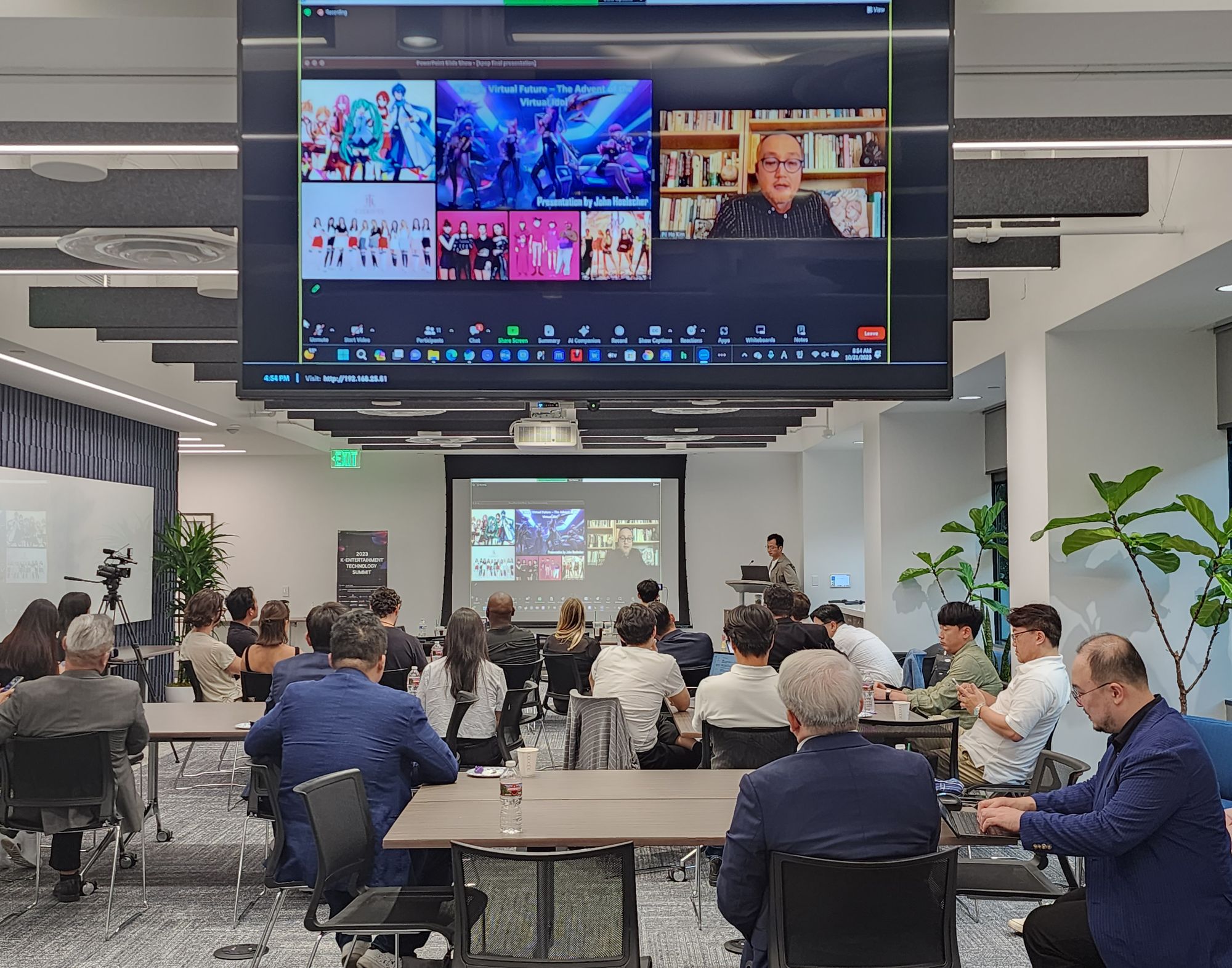
Is it already a source of entertainment more people turn to? Definitely. At this point 83 percent of the US is using a subscription based on-demand service and that’s an increase of 10 percentage points in five years. The more Americans who use a streaming service, the more likely they are to hear about and engage with foreign content—and in particular k-content.
As watching k-dramas is more of a time commitment than listening to a k-pop song and Americans have not traditionally liked reading subtitles, I can’t imagine the engagement will accelerate as dramatically in the U.S, barring another pandemic, which forces us to all stay at home and spend hours on Netflix. But it is now on Americans’ radar.
As long as excellent Korean content is produced, people will watch it and recommend it, prompting exponential growth. More publicity can certainly help. Events like KCON are very helpful. K-pop already holds concerts that draw huge crowds, but k-drama and k-film might also consider more live events—online and in person.
Exposure and access are key. When Korean actors appear in US productions—such as Minho Lee in Pachinko or Seojoon Park in the new Marvel movie, that also peaks interest in other things the actors have done. When k-pop stars appear in dramas, that’s obviously cross marketing.
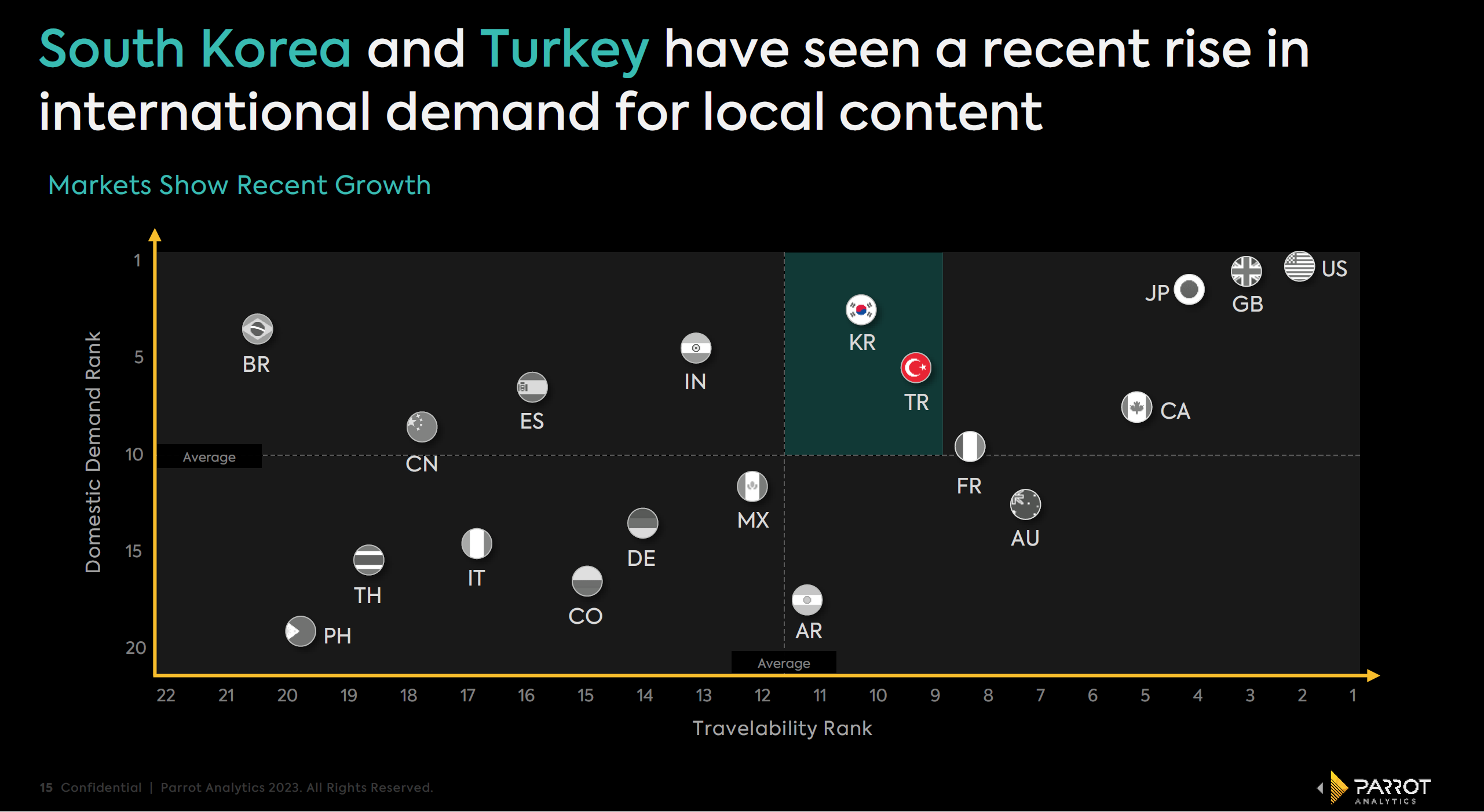
4) The summit focused on the importance of K-content and platforms (especially streaming service). Do you think platforms are important for K-content?
Very important.
OTT platforms have been instrumental in providing access to all kinds of Korean media. Without access you don’t really have a starting point for widespread appeal. As well as dramas, streaming platforms are also useful for popularizing Korean films. Less people are going to the movies these days and even if Korean films air here, it’s usually only in a few cities.
"We need an ultimate destination for K-Entertainment that can fully receive the popularity of K-content and spread it further," said Kunhee Park, CEO of Kocowa, which operates the only distribution streaming service specializing in K-content in the global market.
5) Which K-content formats are you interested in these days
I write about k-dramas and films so I follow those most closely, but I also follow some stories about webtoons, which provide so many of the storylines for k-dramas, and I’m a k-pop fan, although I don’t follow k-pop developments as closely.
It seems to me that all these forms of content help popularize each other and work together to promote interest in Korean culture and products.

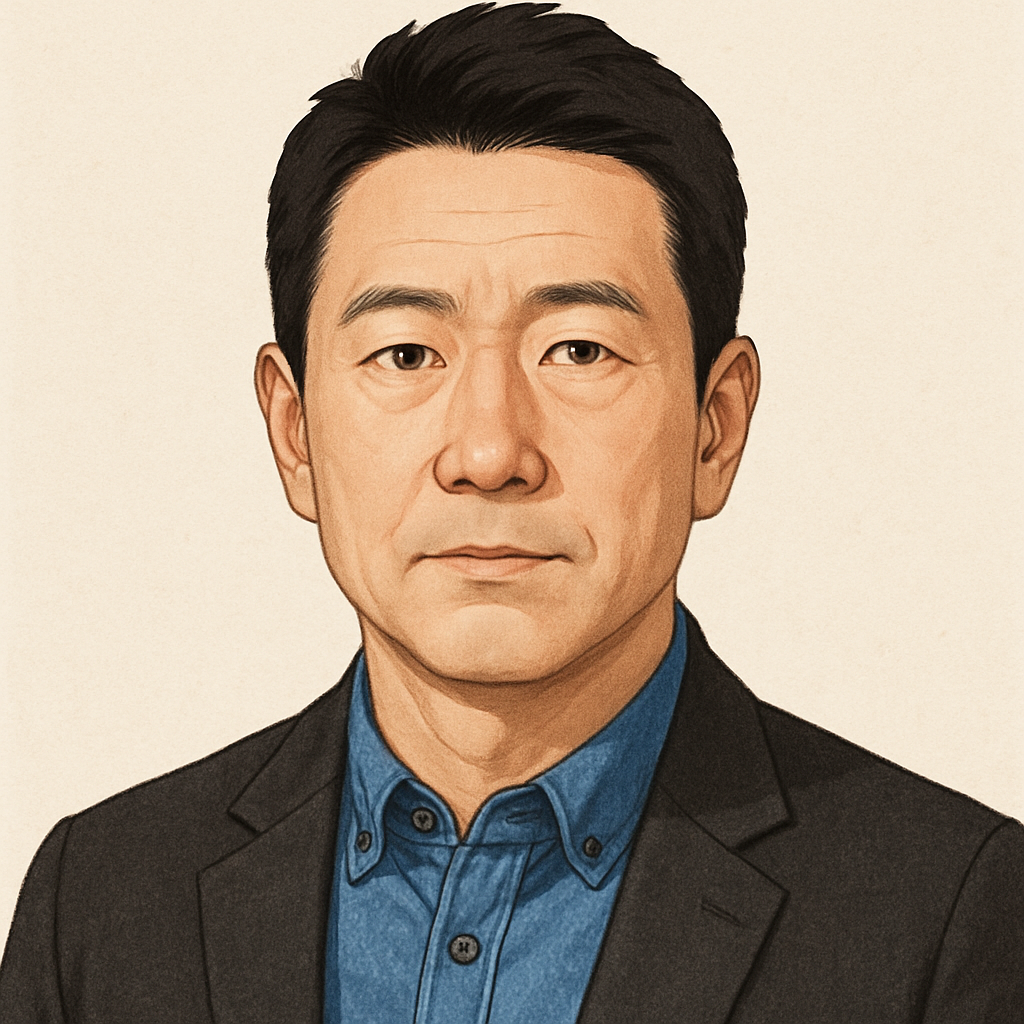
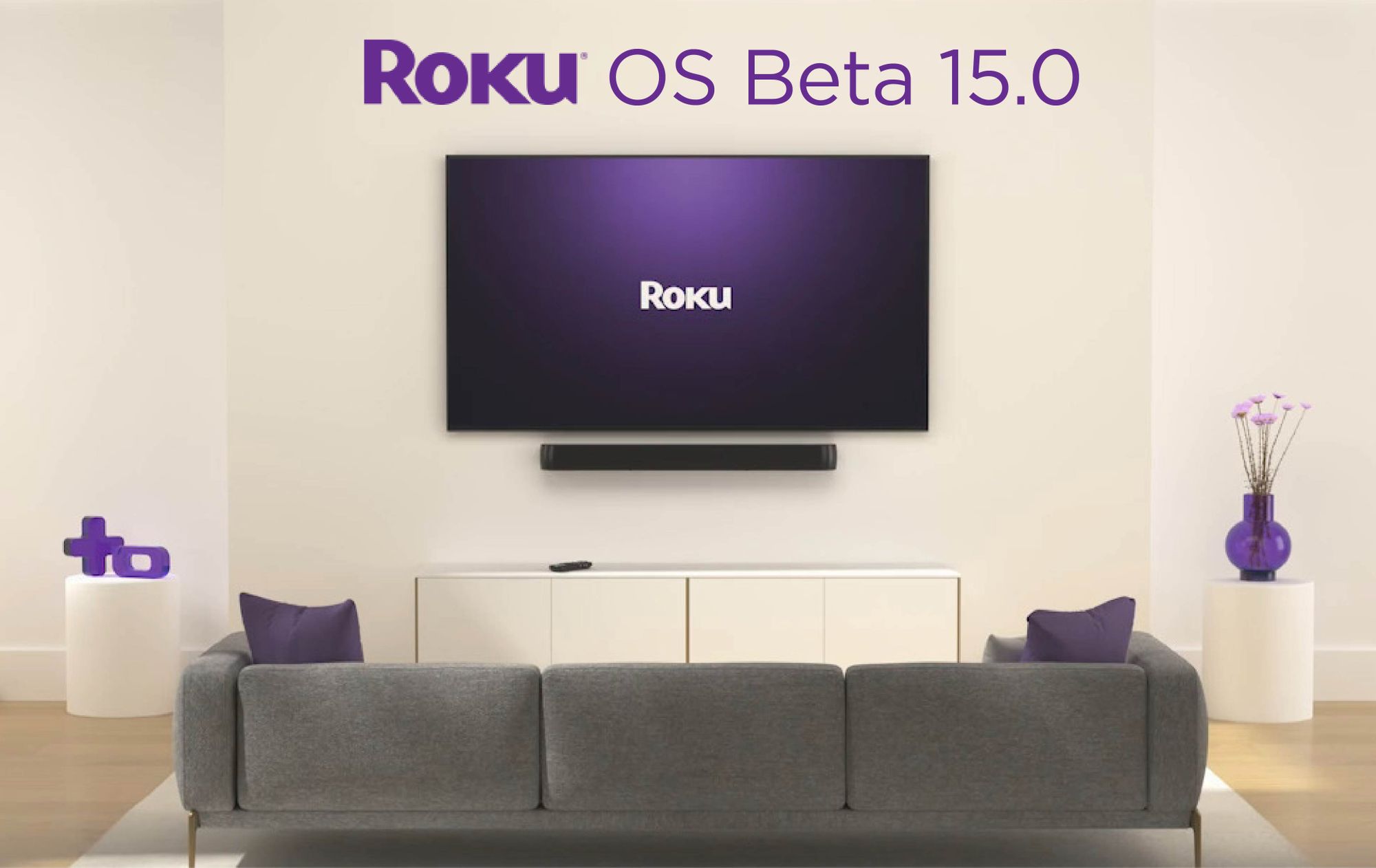
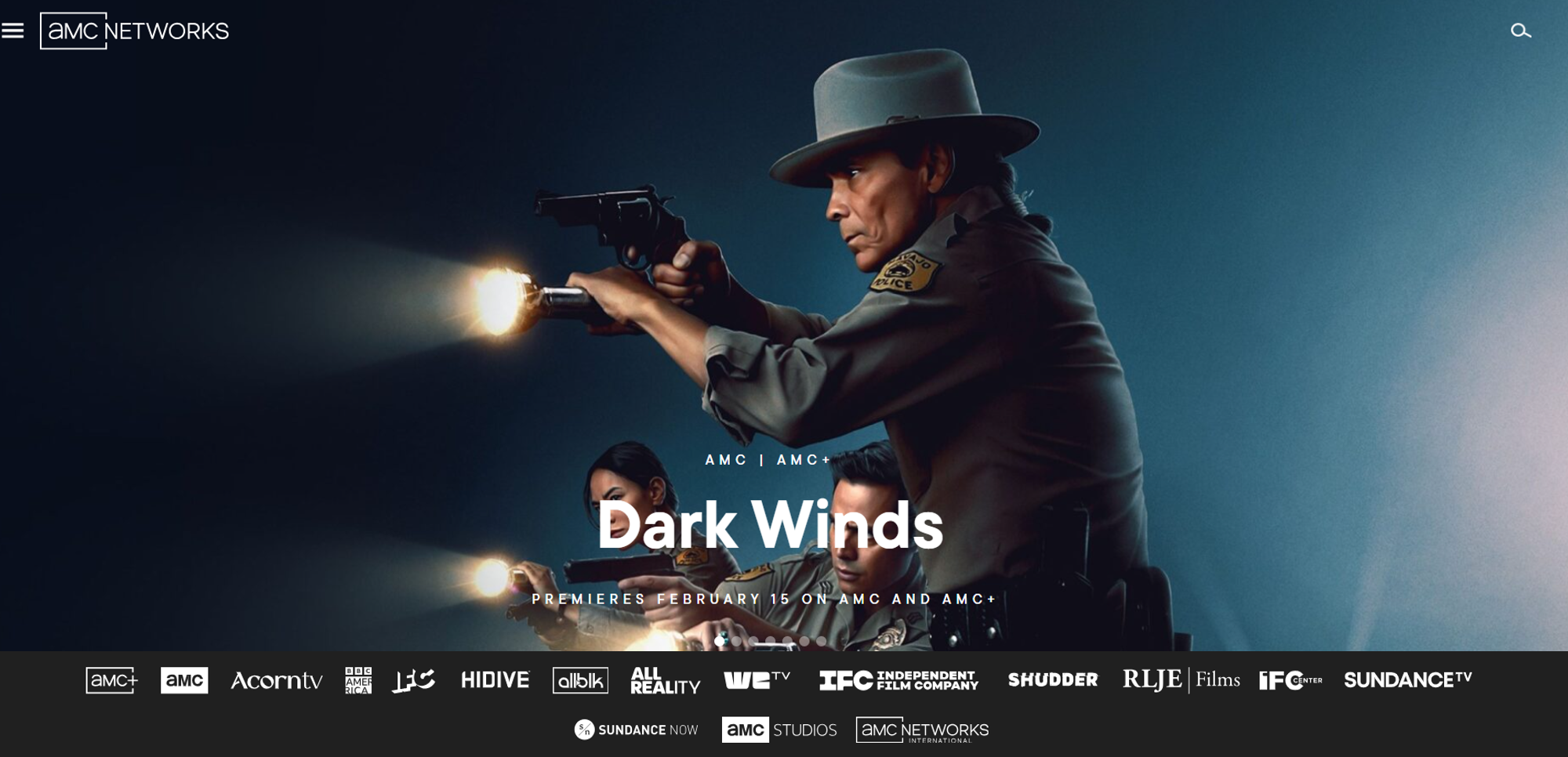

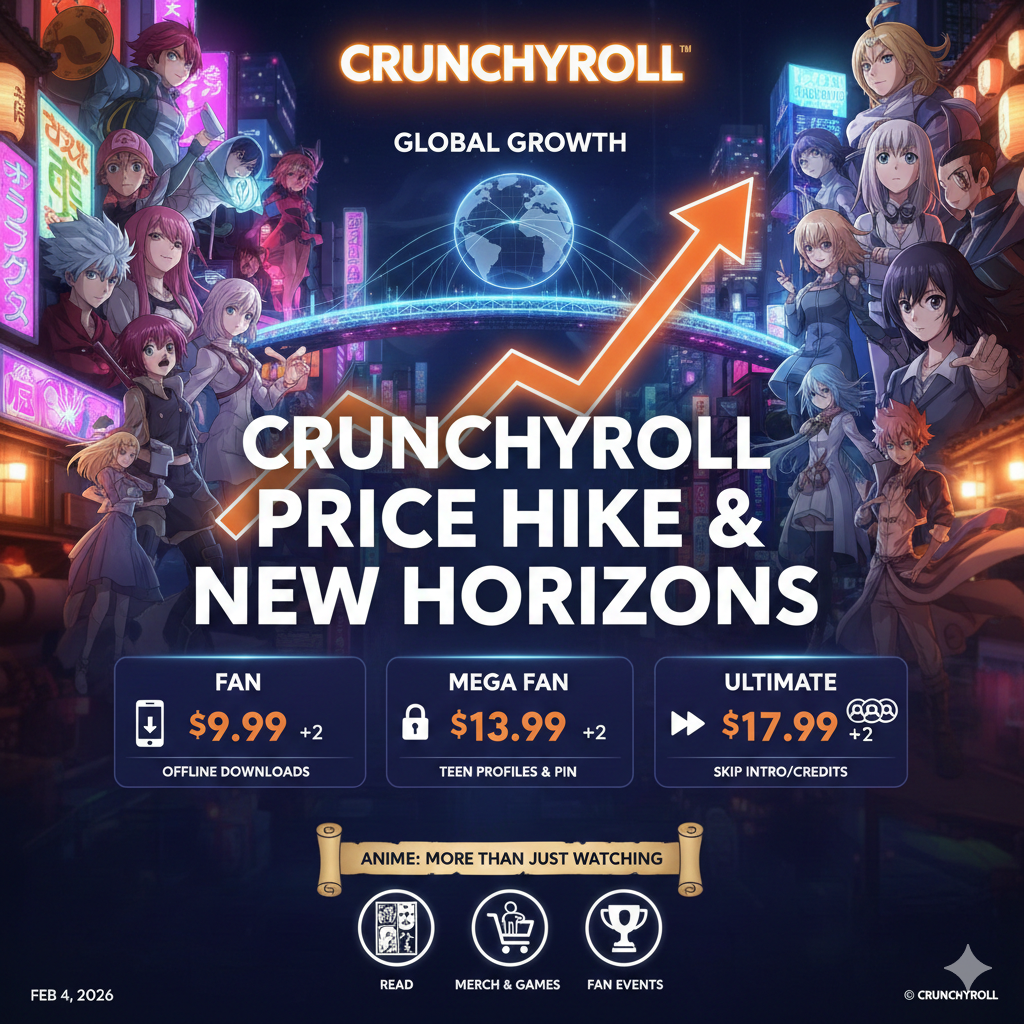

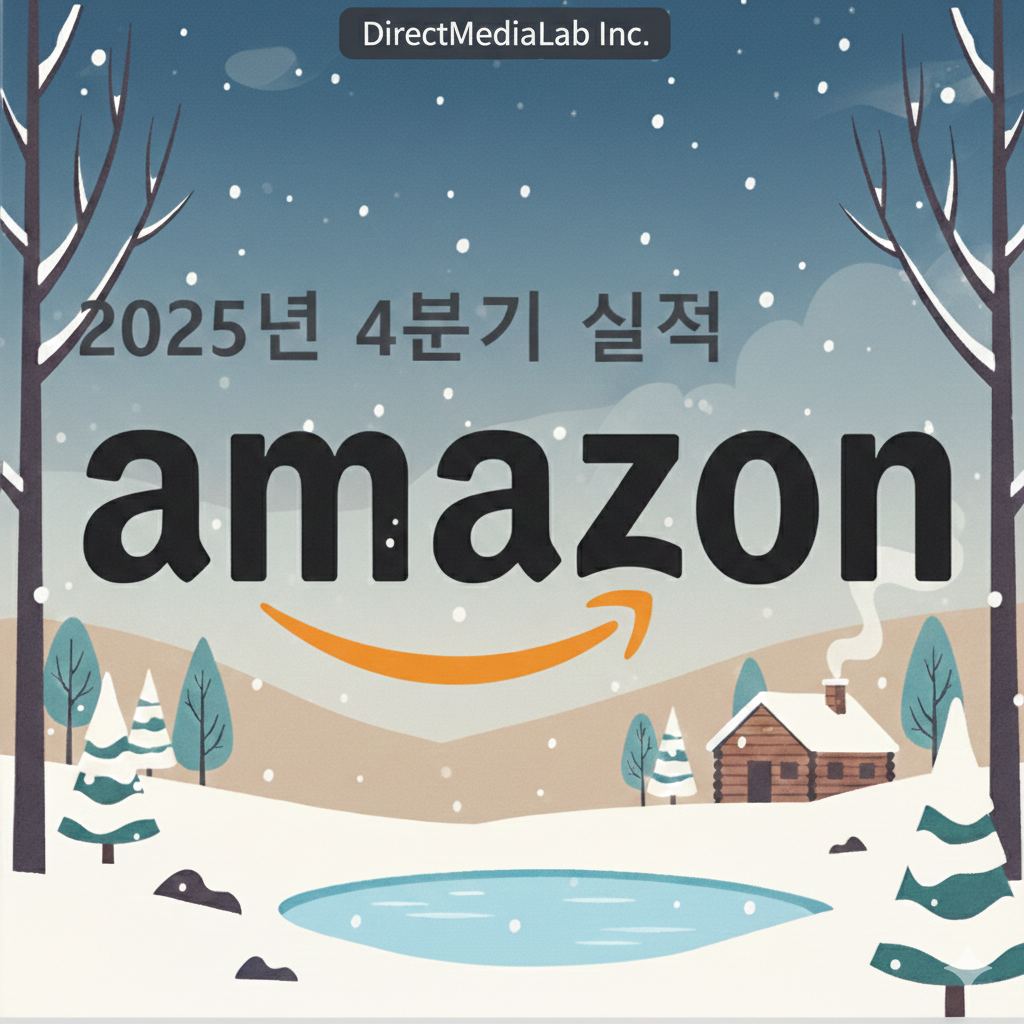


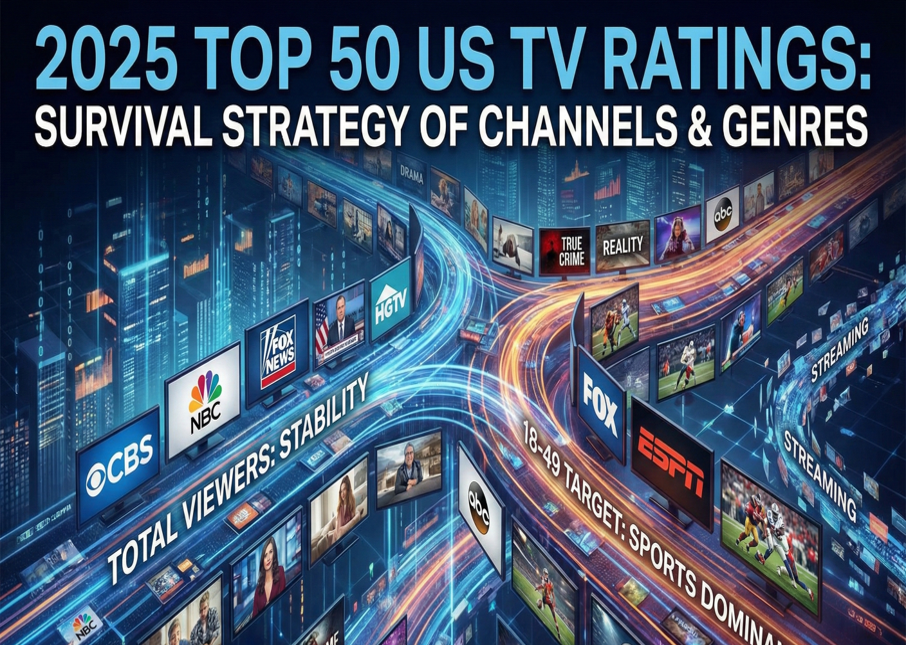

![[프리미엄 리포트] 미국 케이블TV 2025, 변화와 미래 전략](https://cdn.media.bluedot.so/bluedot.directmedialab/2025/05/vj931j_202505270106.png)
